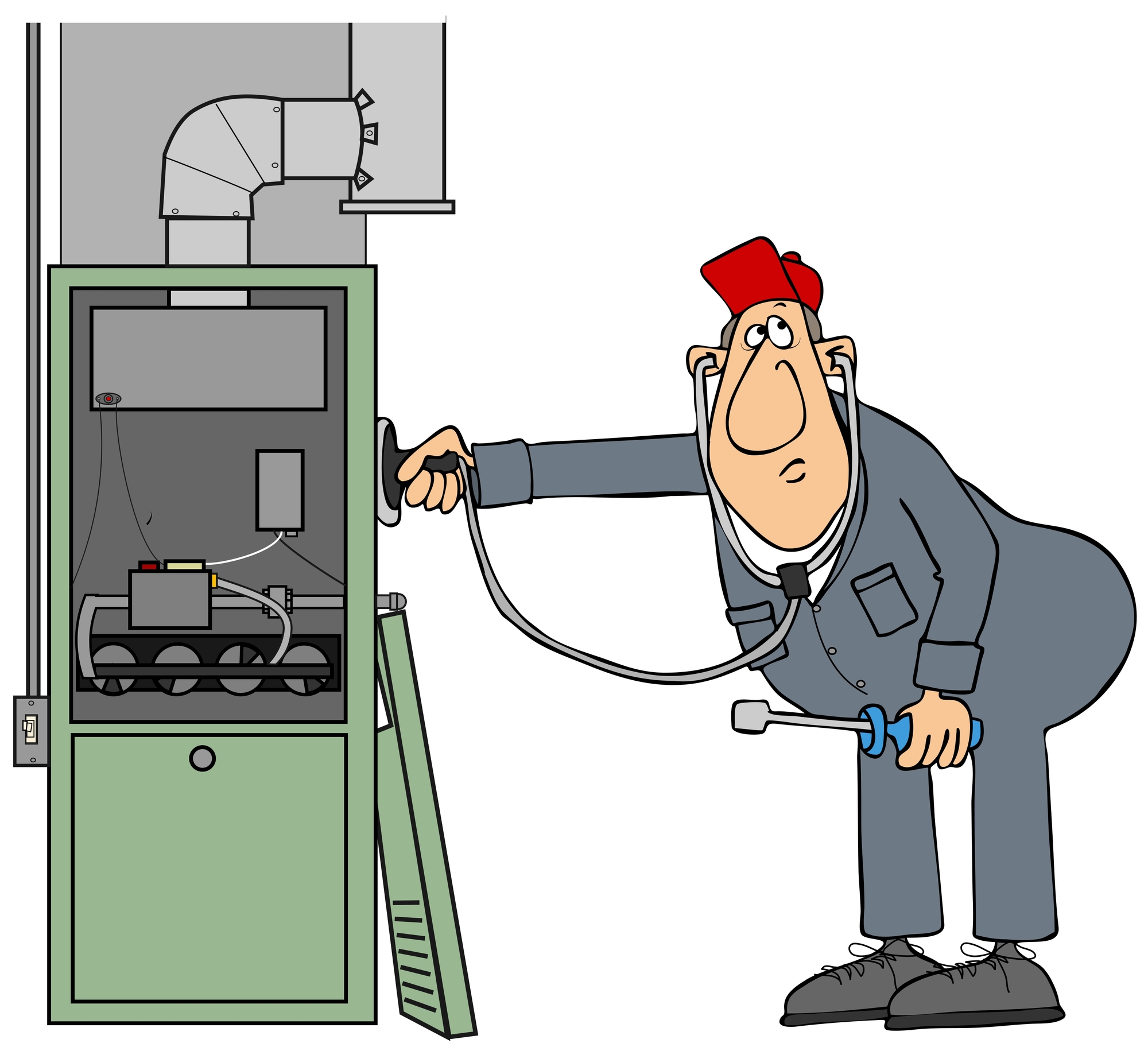When selecting a furnace, various factors enter the equation. Arguably, the most significant factor is deciding how the furnace is powered. In that regard, there are two main options: gas and electric. However, what are the differences between these two, and which is most suitable for your needs?
Let us answer the question. Below, we take a closer look at propane, the main form of gas used for furnaces, and how it matches up against electric across various categories.
The Difference in Cost
Cost is a crucial consideration for those choosing between propane or electric heat. However, there is no clear-cut winner between the two; certain factors can influence it based on your situation.
One is the size of your property. Electric heat is 100% efficient. Propane furnaces, in most cases, are 90% efficient. This means the larger the house, the more energy it takes to heat your property. 10% may seem like a slight difference, but over time, that difference adds up and costs you more money.
However, another critical factor is local energy costs. Propane rates vary seasonally, and every part of Ohio is prone to different types of weather. The same point applies to electricity. Market trends can also impact them on both a national and international level. As a result, electricity can be much cheaper than propane in one area, but it can be the opposite in another part of the state.
Carbon Footprint
If you are determined to lower your carbon footprint, you might be surprised to know that propane is considered a cleaner option than electricity. Even though it is a gas, propane is a clean, carbon-based fuel. It can also reduce carbon dioxide emissions by nearly 30% when matched against all-electric homes.
Another positive of propane is that it is nontoxic. That means, along with electricity, it doesn’t pose a pollution threat to soil and water. As it is a gas heat, you don’t have to worry about it spilling, pooling, or leaving any residue.
Accessibility
When using propane for your furnace, you must store the gas within a tank on your property. Due to this, you need to keep it ‘stocked’ to ensure there are no outages with your furnace. This can be inconvenient compared to electricity supplied directly to your property. However, there is one caveat compared to propane: possible power outages. If this occurs, you won’t be able to use your furnace – unlike those with a propane-based one.
Longevity
Ultimately, you want a furnace that lasts a long time. The good news is that both deliver in that regard. However, in a lot of cases, longevity goes in the favor of propane furnaces. On average, they typically last five-to-ten years longer than their electric counterparts. In the long run, a propane furnace can save you money.
Picking Your Furnace Type
There are many points to consider when choosing between a propane or electric furnace. If you’d like expert assistance, please contact Yoder HVAC for our advice on the best situation.







